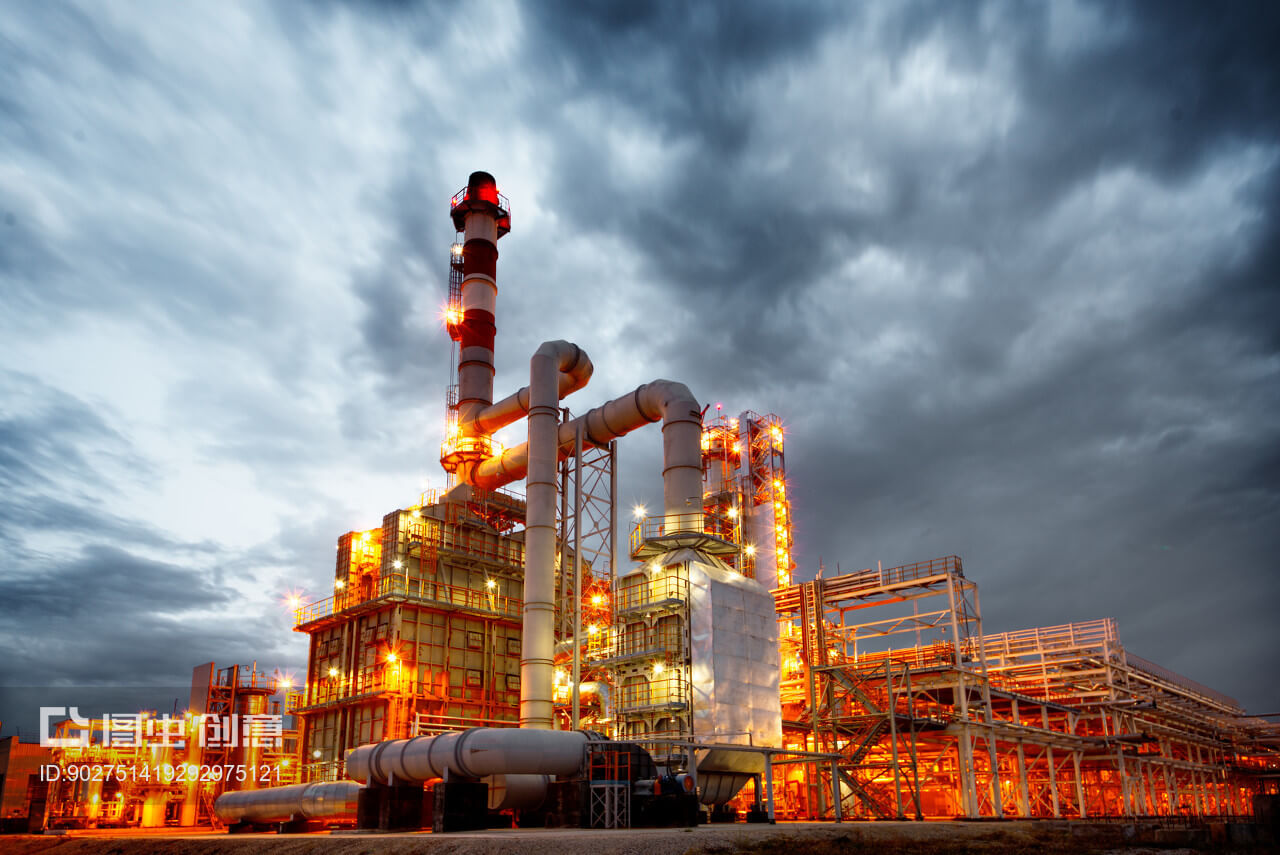The US imposed its most aggressive sanctions on Russia’s oil industry yet as the Biden administration looks for last-minute ways to boost Ukraine’s leverage in possible peace negotiations after Donald Trump takes office.
The measures announced Friday targeted two firms that handle more than a quarter of Russia’s seaborne oil exports, as well as vital insurers and traders linked to hundreds of cargoes. The US also broadened sanctions on tankers that have already proved disruptive.
In a statement, Treasury Secretary Janet Yellen said the moves are aimed at “ratcheting up the sanctions risk associated with Russia’s oil trade, including shipping and financial facilitation in support of Russia’s oil exports.”
Friday’s measures move well beyond previous sanctions measures the US has rolled out against Russia as part of efforts to choke off its war machine following the invasion of Ukraine in 2022. While Trump could lift the sanctions at any time, he may find it politically unpalatable to do so given the broad bipartisan support in Washington for Ukraine.
The main target of the sanctions, done in coordination with the UK, are major Russian energy companies — Gazprom Neft and Surgutneftegas. The two firms exported about 970,000 barrels a day of oil by sea in the first 10 months of 2024, about 30% of the nation’s total flows on tankers, data compiled by Bloomberg show.
The US is also sanctioning more than two dozen of the companies’ subsidiaries as well as more than 180 vessels, many of which are associated with Russia’s so-called shadow fleet. The latest action doubles the number of targeted oil tankers. There are currently 135 tankers sanctioned by the European Union, UK and US, with many of them blacklisted by some combination of the three.
The moves appear likely to disrupt the nation’s exports of petroleum and Moscow’s supply chain. The global oil market is braced for a surplus of almost 1 million barrels a day this year, but a material loss of Russian supply would eat into that.
Of all the sanctions on Russia’s oil trade, those imposed by the US have proven to have the most bite. Before Friday, the Office of Foreign Assets Control had designated 39 tankers that transport Russian petroleum since October 2023. Only six have subsequently lifted cargoes, according to ship-tracking data compiled by Bloomberg.
Key oil traders, oilfield service providers, insurance companies and energy officials are also being sanctioned.
The targeting of Moscow-based Ingosstrakh Insurance Co. in particular will raise questions about the wider protection of tankers moving the nation’s oil against risks including spills, collisions and — more recently — damage to subsea cables. Ingosstrakh is pivotal in covering vessels moving Russian cargoes to India and its role in the oil export trade grew after the war in Ukraine started, an investigation by Bloomberg and Danwatch, a Danish nonprofit, showed in October.
The US is also sanctioning Rosnefteflot, the shipping arm of the Russian oil company Rosneft. Rosneft itself is subject to some earlier restrictions but was not specifically singled out in this new round of sanctions.
Separately, the US State Department is sanctioning two liquefied natural gas projects as well as a large Russian oil project, the Treasury Department said.
The new measures fit with a broader Biden administration effort to increase Ukraine’s bargaining power if it’s forced into peace talks with Russia after Trump takes office. Another US official told reporters the White House has informed the Trump transition team about their plans, but didn’t coordinate with the incoming administration.
Trump said Thursday night that a meeting with Putin was being arranged. At a gathering with Republican governors at his Mar-a-Lago resort in Florida, the president-elect told a reporter that the Russian leader “wants to meet.” Any such meeting, were it to happen, would come after he’s inaugurated, Trump said.
The actions, which are expected to cost Russia billions of dollars a month, will likely fuel inflation and make it harder for President Vladimir Putin to continue to finance the invasion, giving Ukraine staying power on the battlefield, senior Biden administration officials told reporters on a call previewing the action.
The US had shied away from directly sanctioning Russian energy but began escalating measures against the sector in November with sanctions on Gazprombank JSC, which European nations used to pay for natural gas they buy from Russia. Officials in Turkey and Hungary later said that they had been granted exemptions from sanctions on the bank so they could continue to pay for gas imports.
In the months following the February 2022 invasion, Group of Seven nations came up with a alternative to traditional sanctions, levying a price cap of $60 per barrel on Russian oil. Officials were concerned at the time about driving up inflation, which was at high levels following the coronavirus pandemic. Anyone paying above that price couldn’t use western services like tanker insurance.
The global oil market and economy is more robust now, giving officials more leeway when it comes to hitting the Russian energy industry.
Since the price cap was implemented, Russia has proven adept at finding new markets for its oil, selling more to China and India and assembling a fleet of aging tankers to ship it.
The sanctions were to be announced during President Joe Biden’s trip to Europe this week, which was to include a meeting with the Ukrainian leader Volodymyr Zelenskiy. But Biden chose to remain in Washington to focus on the wildfire disaster in Southern California.
- 国家能源局支持新疆喀什布局建设光伏电力外送通道
- 国家能源局:综合考察西藏山南清洁能源基地开发建设情况,统筹研究布局西藏新增外送输电通道
- 国家能源局:“十五五”规划将统筹布局后续新疆新能源基地和“疆电外送”输电通道
- 国家能源局:将结合新疆若羌等清洁能源基地开发建设情况,统筹布局后续“疆电外送”输电通道
- 国家能源局:统筹布局后续“疆电外送”输电通道,支撑新疆清洁能源开发外送
- 国家能源局:综合考虑内蒙古锡盟新能源基地开发建设情况,统筹研究后续外送通道规划建设有关事项
- 省能源局关于省政协十三届三次会议第1205号提案的答复
- 鄂温克电厂全额自发自用 8 万千瓦风电项目社会稳定风险评估的公示
- 张家川县发展和改革局关于张家川分布式并网型光伏发电项目备案登记的通知
- 仙女镇三星村村部光伏发电项目交易公告





